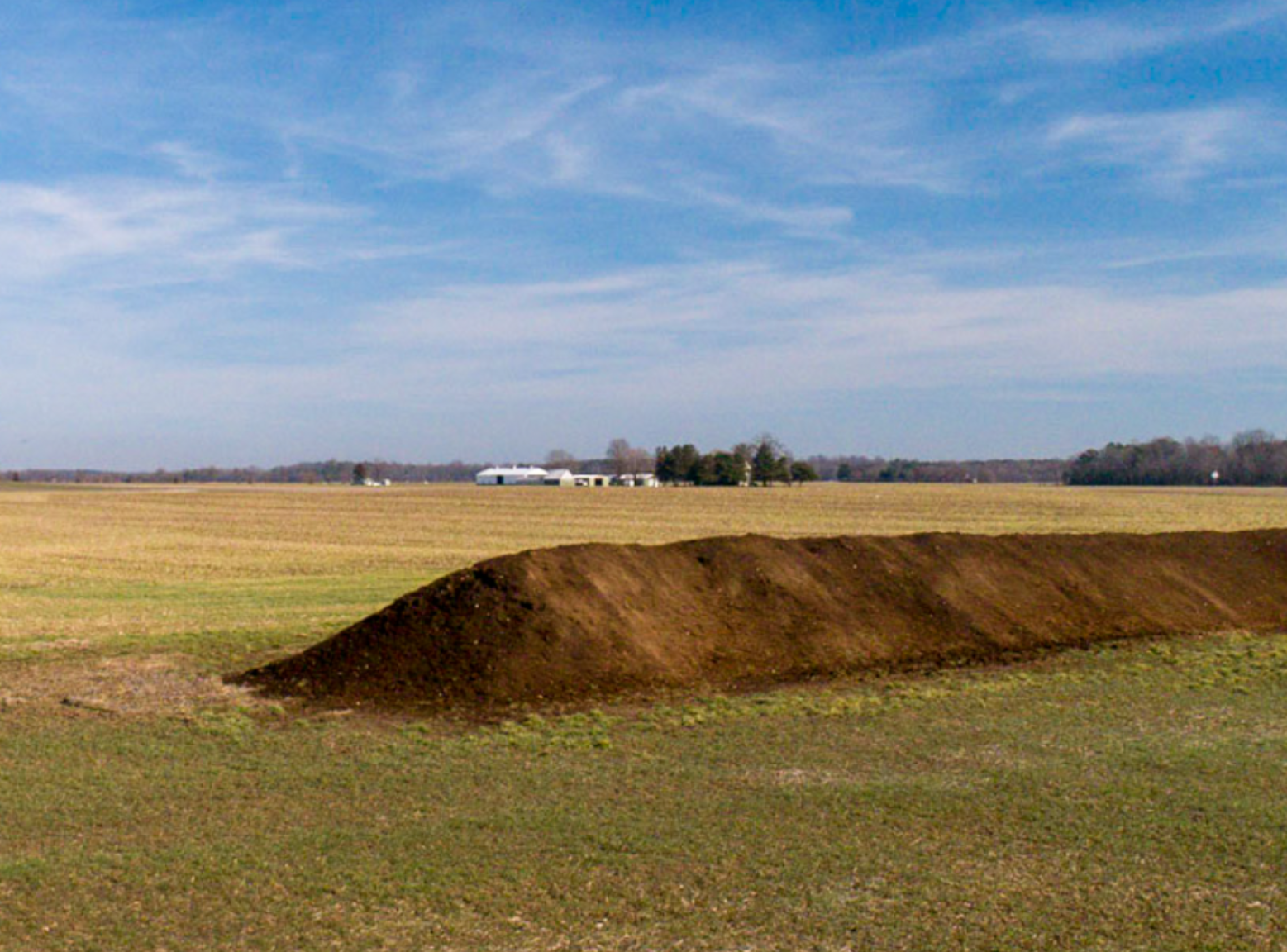Delaware Emergency Order Allows Fall Staging of Poultry Litter to Help Reduce HPAI Risk

DOVER, Del. (October 10, 2022) — Members of the Delaware Nutrient Management Commission approved an emergency order during their October 4 meeting that will allow for a 180-day extension for properly staged poultry litter in Delaware Crop fields beginning on November 1.
Many Delaware farms apply poultry litter, a natural fertilizer rich in nutrients and micronutrients, to their fields before planting season to help promote soil health and produce strong, healthy crops.
When the Delaware Department of Agriculture issued control orders this past spring restricting the movement and spreading of poultry litter the control orders issued this past Spring due to an outbreak of highly pathogenic avian influenza (HPAI) confirmed in New Castle and Kent counties, the order caused hardships for some farmers.
Effective November 1, farmers can begin properly staging poultry litter in the fields where it will be used next spring. Once the 180-day extension expires, the normal 90-day regulation will resume, resulting in a deadline for spreading field staged poultry litter of July 29, 2023, for poultry litter stacked on or before April 30, 2023.
To be considered properly staged, litter must be stacked in six-foot tall “windrows” or pyramids so that the cross-section of the pile is a triangle, ensuring that any rainwater will be shed rather than infiltrate the pile or pool around it. This is best accomplished with a loader bucket, following delivery to the field by a dump truck or trailer.
The goal of the emergency order is to assist producers in preparing and preventing any further spread of (HPAI) due to continued detections in the wild bird population and, most recently, confirmation of the virus in two backyard flocks in Kent County, Delaware.
Fall staging litter in preparation for the Spring 2023 application will help reduce litter movement when HPAI is expected to be the highest risk for Delaware poultry.
Avian influenza is a highly contagious airborne respiratory virus that spreads quickly among birds through nasal and eye secretions and manure. The virus can be spread in various ways from flock to flock, including by wild birds, through contact with infected poultry, by equipment, and on the clothing and shoes of caretakers. This virus affects poultry, like chickens, ducks, turkeys, and wild bird species, such as ducks, geese, shorebirds, and raptors.
The 2022 epidemiological curve of infections in the United States dropped dramatically from June through July. This emergency order allows farmers to make the most bio-secure decisions concerning utilizing litter to improve soil fertility for the 2023 season.
###
Legal Disclaimer:
EIN Presswire provides this news content "as is" without warranty of any kind. We do not accept any responsibility or liability for the accuracy, content, images, videos, licenses, completeness, legality, or reliability of the information contained in this article. If you have any complaints or copyright issues related to this article, kindly contact the author above.
